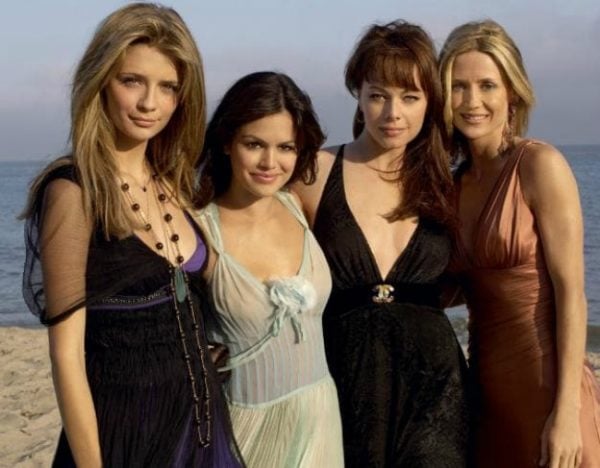It was 2003 when Entertainment Weekly crowned British-American actress Mischa Barton their “It Girl” of the year.
Barton, whose freshly minted leading role on The O.C. had catapulted her into mainstream fame, was not yet 18 when she received the sparkly accolade. She was a teenager; one who was heralded as the ultimate socialite some four years before she could legally do any of the things socialites are notorious for.
While the character of Marissa Cooper was the same age as her fictional best friends on the smash teen drama, in reality that wasn’t the case. Barton was years younger than each of her counterparts in the real world; Ben McKenzie, Adam Brody and Rachel Bilson were all in their twenties when worldwide fame knocked on the door. But for the show’s biggest star, the final years of teenagerdom would be played out in front of the prying eyes of the paparazzi media.
For a few years, it worked.
Barton was the epitome of what it means to be young, rich, white and shiny. She won awards for Breakout TV Star in 2003 and Best TV Actress in 2006 at the Teen Choice Awards. Even after departing The O.C., with 76 episodes under her belt, Barton went on to considerable success. She would lead 2007 British comedy film St Trinian’s to solid box office profits before, in 2008, delivering a “captivating” performance alongside Bruce Willis in Assassination of a High School President.
The Mamamia Out Loud team discuss the problematic nature of making teens icons. Post continues.
Barton’s pop-culture relevance was not lost on the London-born model, who told The Guardian:

